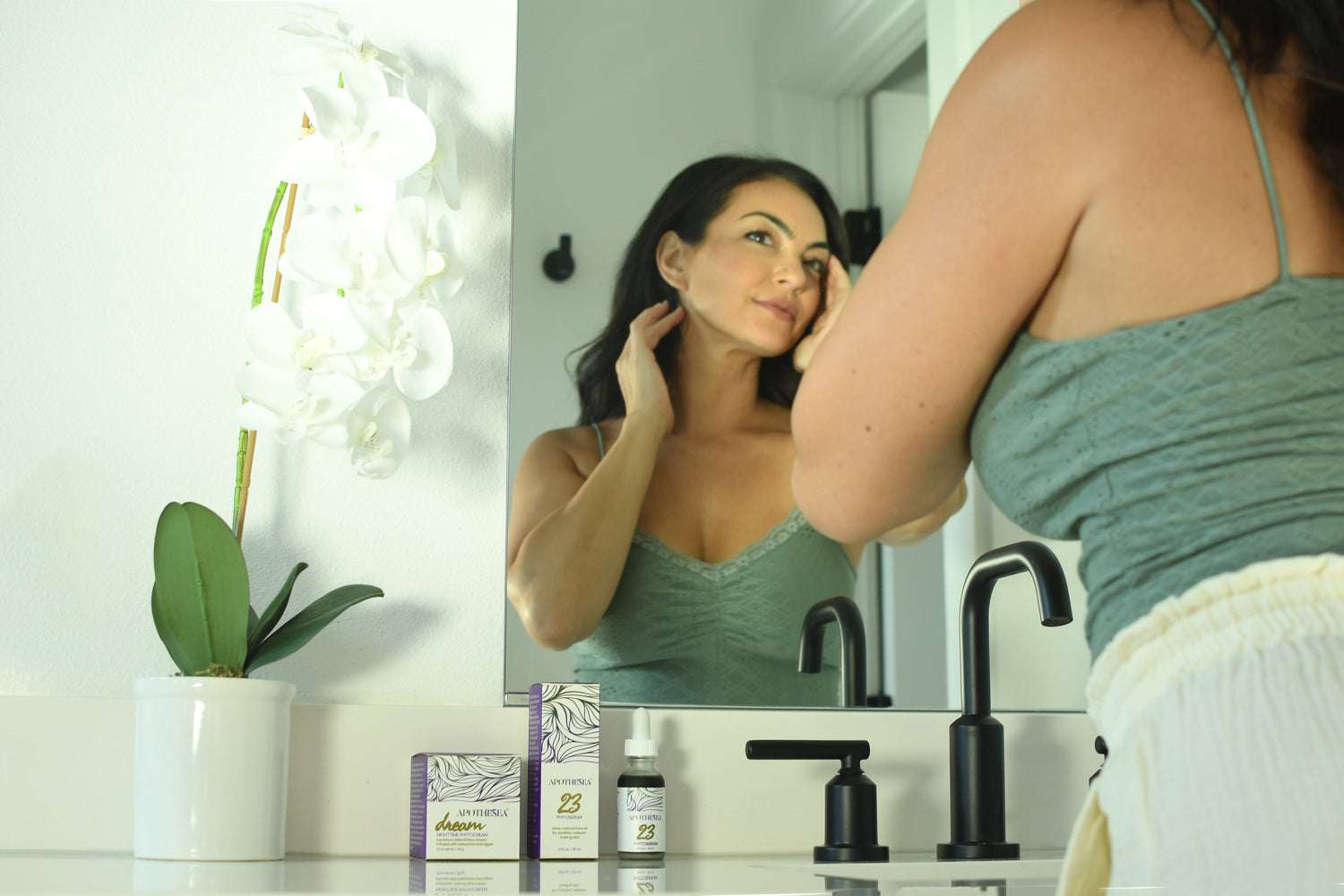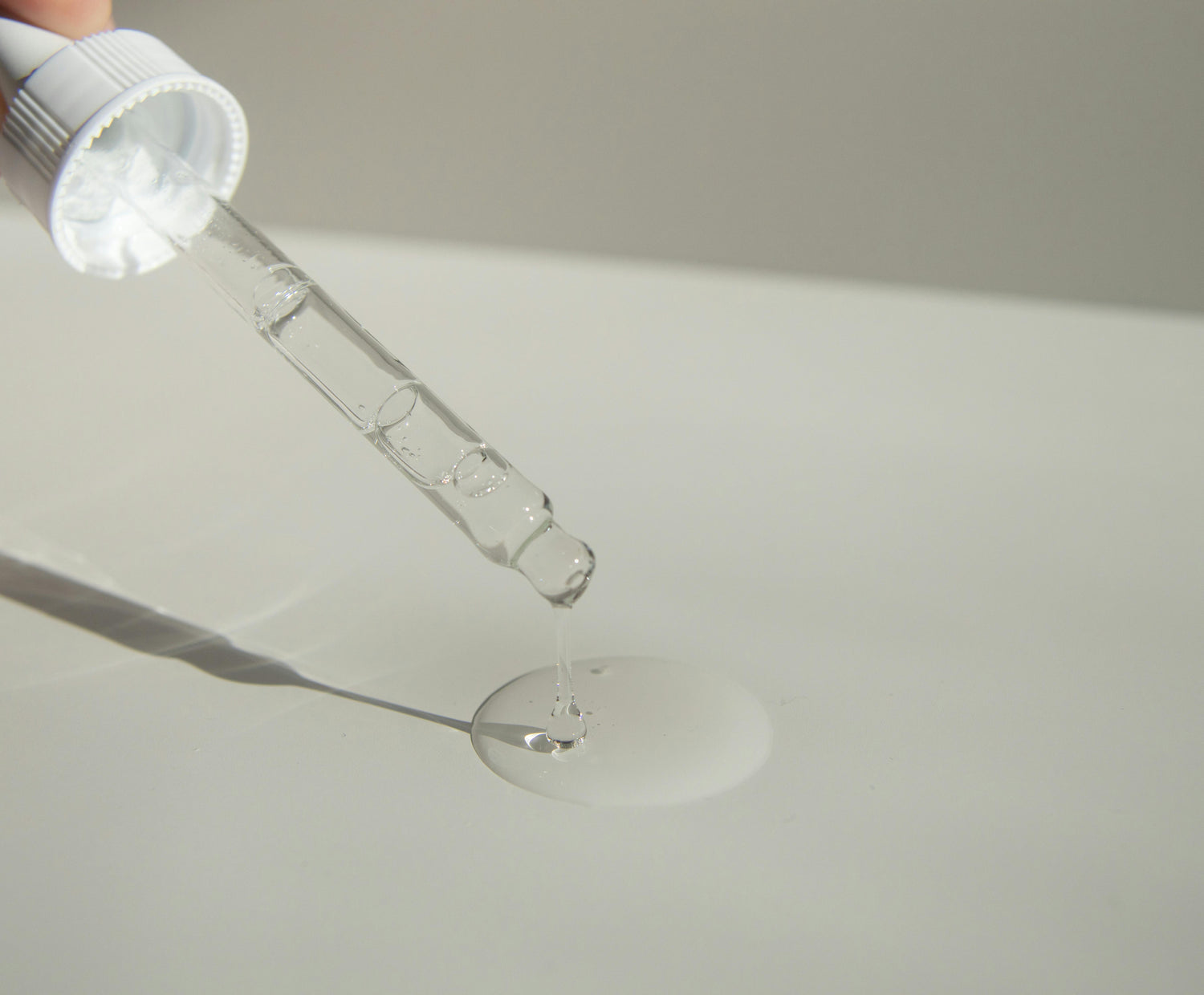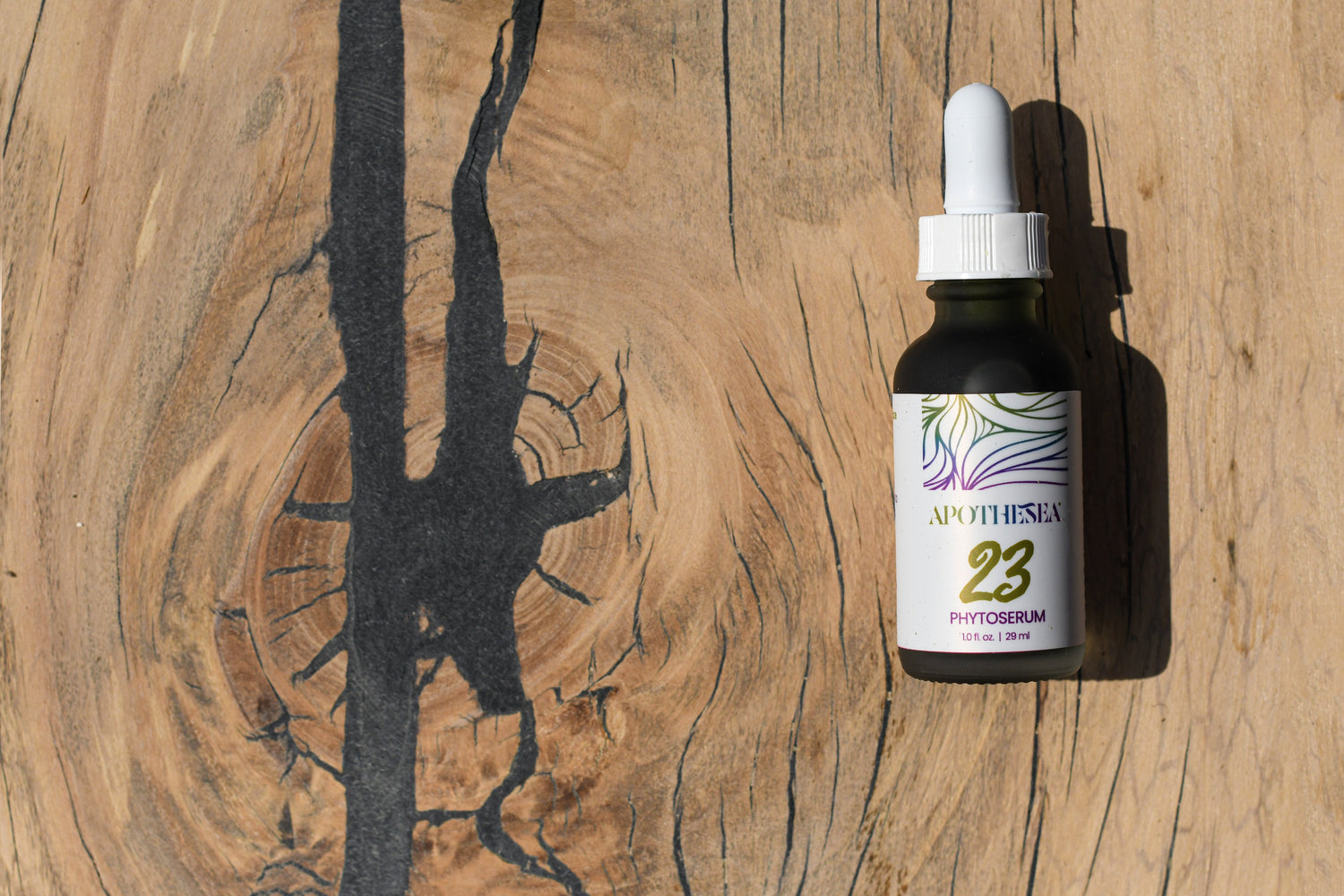For many years, Retinol has been the gold standard for those trying to achieve radiant and youthful skin. However, Bakuchiol, a plant-derived alternative, has recently entered the skincare scene as a gentler yet effective option. If you’re curious about what these ingredients are, how they differ, and which one is best for your skincare goals, read on for a deep dive into the world of Retinol and Bakuchiol.
What is Retinol?
Retinol is a vitamin A derivative, a powerhouse ingredient known for its anti-aging benefits. As a type of retinoid, Retinol accelerates skin cell turnover and boosts collagen production. The result? Smoother, firmer skin with reduced fine lines, wrinkles, and hyperpigmentation.
Retinol’s efficacy is backed by decades of research, making it a staple in many dermatologist-recommended products. It’s commonly used to:
- Minimize the appearance of wrinkles and fine lines.
- Improve skin texture and tone.
- Combat acne by unclogging pores.
- Fade dark spots and hyperpigmentation.
What is Bakuchiol?
Bakuchiol is a plant-based ingredient derived from the seeds and leaves of the psoralea corylifolia plant. It's often hailed as a natural alternative to Retinol, offering similar benefits without the common side effects associated with Retinol.
Benefits of Bakuchiol include:
- Reducing the appearance of fine lines and wrinkles.
- Improving skin firmness and elasticity.
- Evening out skin tone and reducing pigmentation.
Because it’s gentler, Bakuchiol suits all skin types, including sensitive skin and those prone to irritation.
Key Differences Between Retinol and Bakuchiol
While both ingredients aim to enhance skin health and reduce signs of aging, there are significant differences between Retinol and Bakuchiol:
Origin
Retinol: Synthetic derivative of vitamin A.
Bakuchiol: Plant-based extract from Psoralea corylifolia.
How it Works
Retinol: Stimulates skin cell turnover and collagen production by binding to retinoic acid receptors in the skin.
Bakuchiol: Though it delivers similar results, Bakuchiol does not act on retinoic acid receptors. Instead, it activates pathways that support skin regeneration.
Side Effects
Retinol: Can cause dryness, redness, peeling, and increased sensitivity to sunlight, especially during the adjustment period.
Bakuchiol: Gentle on the skin with minimal risk of irritation or sensitivity.
Sun Sensitivity
Retinol: Increases sensitivity to UV rays, requiring diligent sunscreen use.
Bakuchiol: Does not make the skin photosensitive, making it safe for daytime use.
Safety
Retinol: May not be suitable for sensitive skin, pregnant or breastfeeding individuals, or those with certain skin conditions.
Bakuchiol: Generally safe for all skin types and during pregnancy or breastfeeding.
Incorporating Bakuchiol into Your Routine
Bakuchiol is found in Apothesea's Dream Nighttime Phytocream. It's formulated to help protect your skin from visible signs of aging while you sleep. It's also packed with nutrient-rich ingredients that target fine lines, dullness, and loss of firmness.
Using our Apothesea scoop, spoon a small amount onto your fingers and apply it to your face, neck, and décolleté. Gently massage in upward, circular motions until fully absorbed. For best results, use nightly as part of your skincare routine.
We recommend choosing Bakuchiol if you have sensitive skin or prefer a gentler option, if you’re looking for a natural or plant-based ingredient, or if you are in need of a retinol alternative that’s safe for pregnancy or daytime use.
Retinol and Bakuchiol are both effective ingredients with unique strengths. Understanding how they both work and how to use them properly is key to maximizing their benefits. With consistent use and a tailored skincare routine, your skin will thank you with a healthy, glowing complexion.






